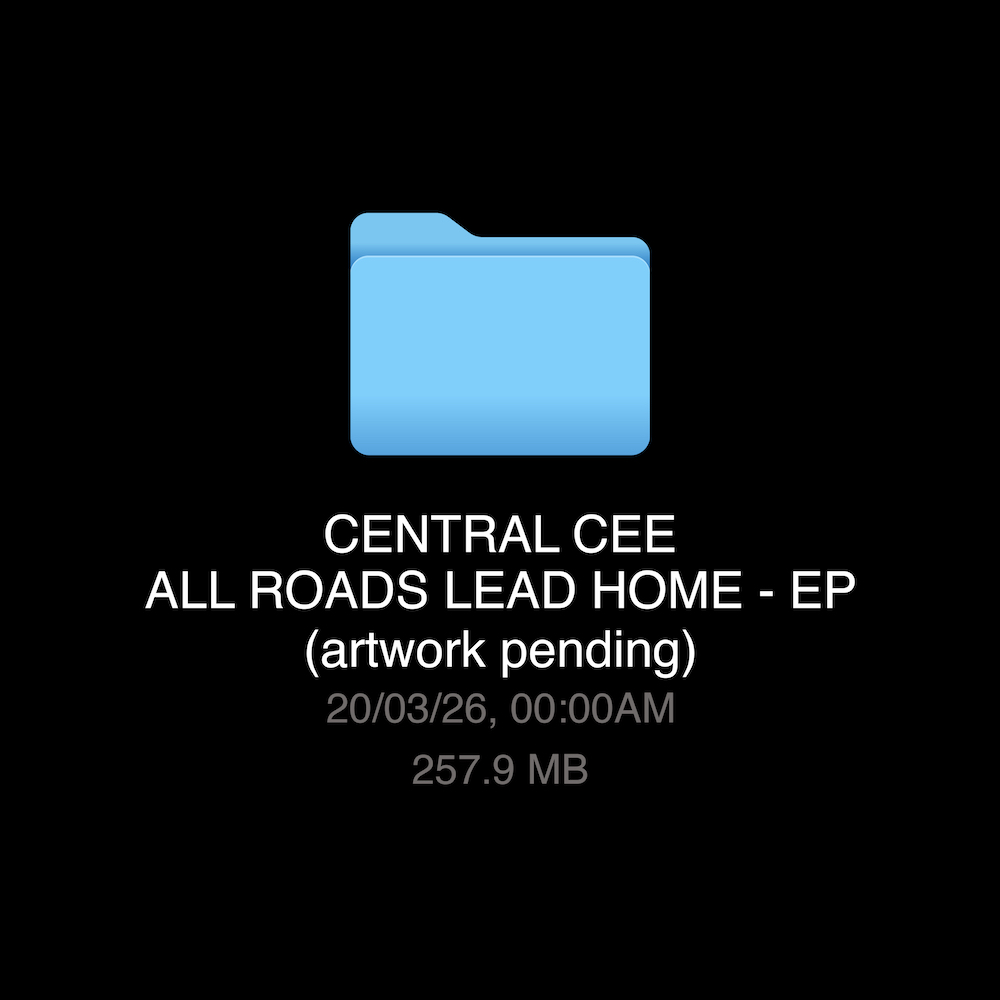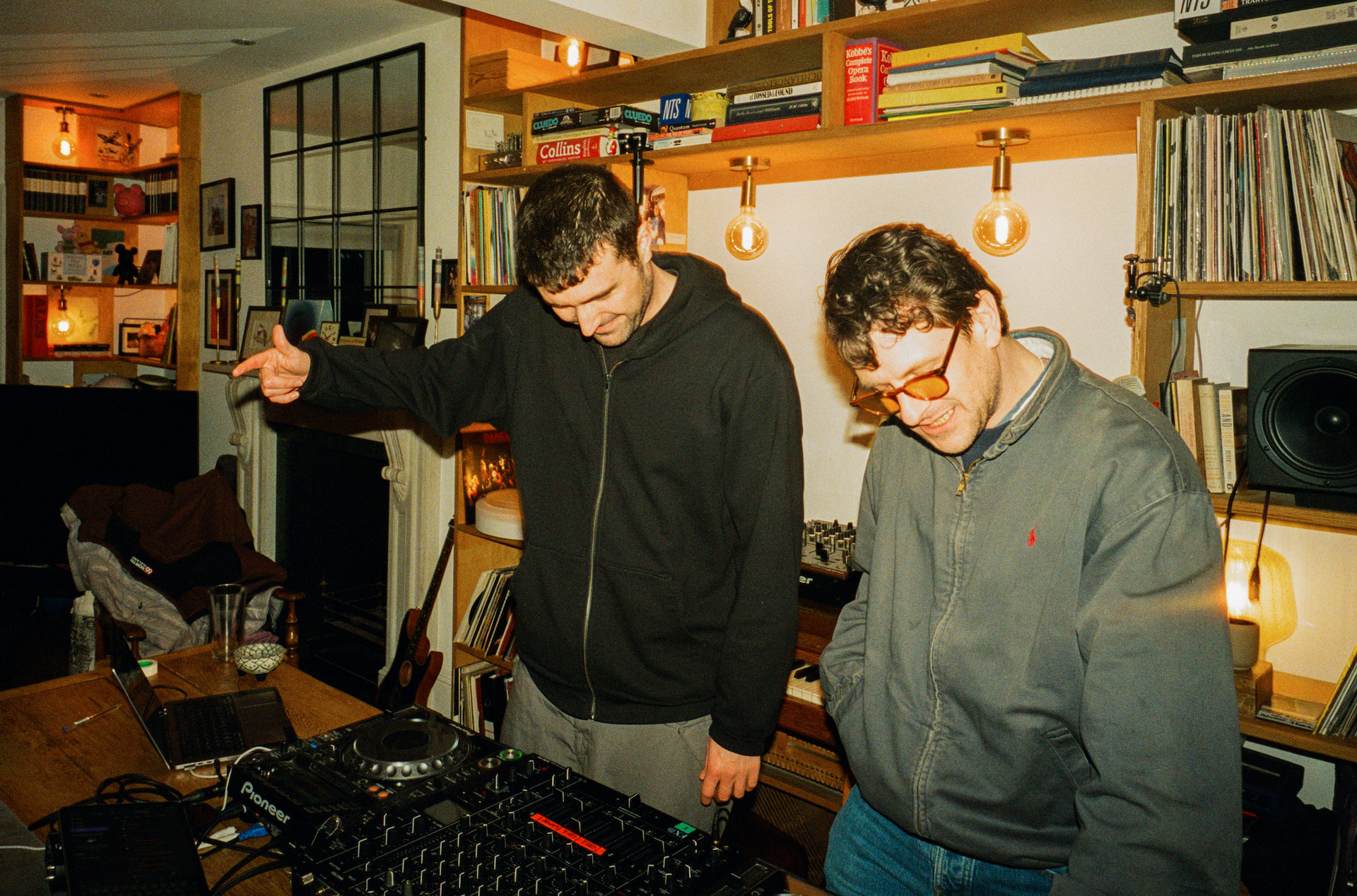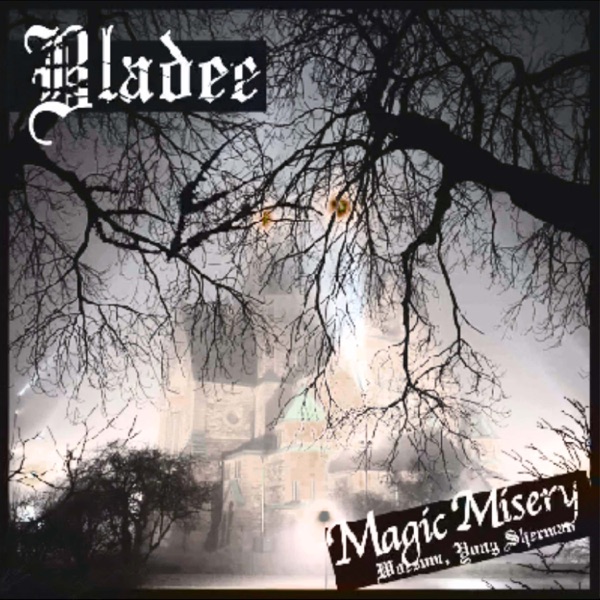About a month before the May 2013 release of Vampire Weekend's last album, Modern Vampires Of The City, the NBC sitcom Parks And Recreation aired the 17th episode of its fifth season, "Partridge." As noted by Michael Moats at Fiction Advocate, that title was a rather oblique nod to David Foster Wallace's magnum opus, Infinite Jest, written into the Parks And Rec universe as follows:
Ben Wyatt's hometown is Partridge, Minnesota, a reference to Infinite Jest character Ortho Stice's hometown of Partridge, Kansas.
This was not a coincidence. In the hours prior to the airing of "Partridge," Parks And Rec co-creator Michael Schur tweeted that the episode would include "a few" references to Infinite Jest. (Schur clarified: "'A few' = like 18.") Indeed, "Partridge" was positively overflowing with allusions to Infinite Jest --a fitting tribute, as Wallace's novel famously contains thousands of metatextual references (only a percentage of which are explicated in its 96 pages of endnotes).
Listening to the 18 songs comprising Vampire Weekend's upcoming Father Of The Bride (or even the few that have preceded its release) feels a bit like watching "Partridge" while reading Infinite Jest. There are sub-references to other references; there are syntactic recurrences and alliterative ripples; there are esoteric samples and neat little notes leading to other referential works. This thing is truly encyclopedically dense ... and yet, it feels like a spring breeze. You don't have to catch or even care about the references in order to enjoy the album. But good lord, the references are legion.
Take first single "Harmony Hall." You might recognize a line from that song's chorus ("I don't wanna live like this, but I don't wanna die") as being repurposed from the outro of MVOTC cut "Finger Back," but what about the way the name "Harmony Hall" echoes the name of MVOTC cut "Hannah Hunt"? Do you know the etymology of the name "Hannah Hunt"? Did you know Harmony Hall is the name of a real-life Columbia University dormitory? And Columbia University is the real-life Hannah Hunt's alma mater ... not to mention the place where Vampire Weekend formed and an object that is almost endlessly referenced across the band's catalog? Did you realize that the guitar solo in "Harmony Hall" is nearly identical to the guitar solo in the Grateful Dead's "Touch Of Grey"? Were these references intentional ... or purely coincidental?
Which brings us to the next pair of lead singles from FOTB -- the last drop in advance of the LP's release! -- "This Life" and "Unbearably White."
Re: the A-side. "This Life" (which features vocals from Danielle Haim) opens with this line: "Baby I know pain is as natural as the rain/ I just thought it didn't rain in California." That latter bit is a blatant reference to a 1972 hit by Albert Hammond Jr.'s Father. Beyond that, the song is built on a beat that sounds awfully similar to Van Morrison's "Brown Eyed Girl." HOWEVER, its chorus ("You've been cheating on, cheating on me/ So I've been cheating on, cheating on you") is ported directly from iLoveMakonnen's "Tonight" -- a song with which VW frontman Ezra Koenig has some history.
Of course, Makonnen is a one-time Koenig collaborator and a semi-recurring guest on his Beats 1 show, Time Crisis, even appearing on the program alongside Koenig's partner: Parks And Rec star Rashida Jones. (On that note, is the title Father Of The Bride a reference to the 1950 Spencer Tracy flick, the 1991 Steve Martin remake, or Rashida's dad?)
As for the flip (which features additional production from BloodPop): "Unbearably White," says Koenig, partly asserts that "infighting among white people about who is marginally more or less white is not particularly interesting." But the gentle song's lovely, lilting lyrics don't communicate any such cynicism. If it's in there at all, it's all in that title. And that title might seem ... well, at first blush, it seems rather friggin' unfortunate, frankly, not to mention absolutely ripe for mockery. HOWEVER, Koenig's not an idiot. He's not just anticipating a few thousand self-satisfied insta-snark takes to surface on Twitter and be fleshed out into essays elsewhere; he's inviting them. He wants them. Why? Because anybody who reflexively turns that title against Koenig today is unknowingly admitting that they're four years late and they didn't get the reference in the first place:

Someday, some ambitious critic or cultural anthropologist will compile The Annotated Father Of The Bride -- because the album demands and deserves such a companion; it has more Easter eggs than LOST (if not the LOST-referencing The Good Place). That'll take years, though, and until it's all been unpacked, the unparsed tunes will have to suffice. They'll succeed. They don't need any footnotes. They invite individual interpretation and curious investigation, and they just sound great no matter what you hear when you listen. Listen:
Father Of The Bride is out 5/3 on Columbia (i.e., the label, this one is actually not a reference to Columbia University ... probably?). Pre-order it here.






